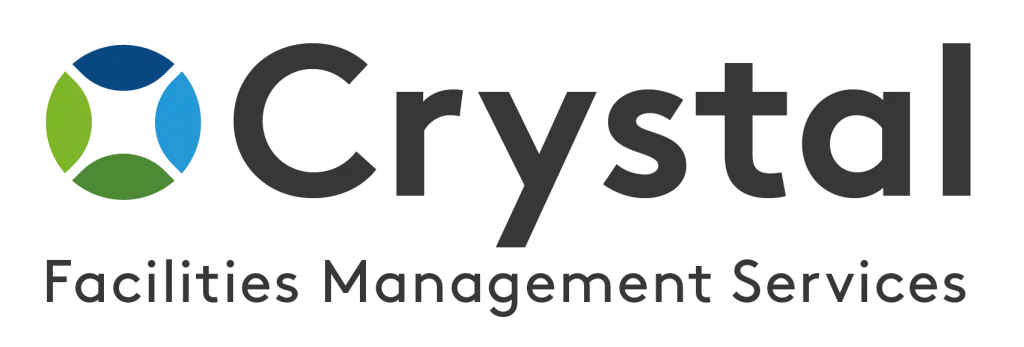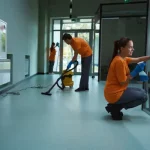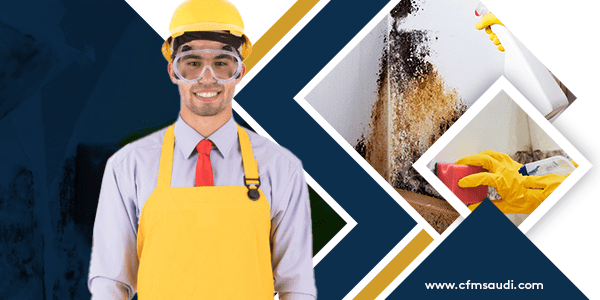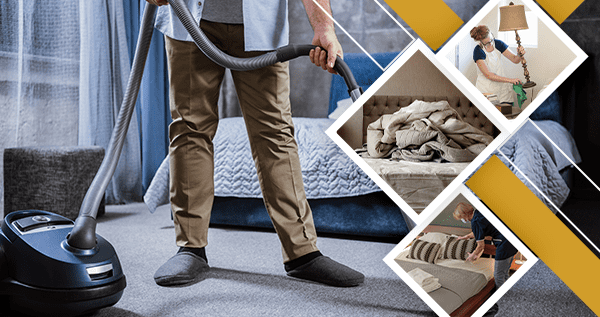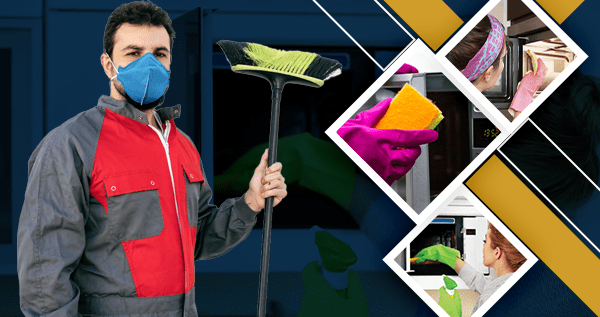Maximizing Productivity and Efficiency Through Proper Commercial Cleaning Practices
In today’s fast-paced business world, productivity and efficiency are key factors in achieving success. Companies are constantly looking for ways to optimize their operations and streamline their processes. One often overlooked aspect of achieving these goals is through proper commercial cleaning practices. A clean and well-maintained work environment not only creates a positive and professional image but also impacts the overall productivity and efficiency of the workforce. In this article, we will explore the importance of proper commercial cleaning and effective strategies to maximize productivity and efficiency.
The Importance of a Clean Work Environment
A clean work environment is essential for promoting productivity, efficiency, and employee morale. Here are some key reasons why maintaining cleanliness should be a priority for every business:
1. Health and Safety
A clean workplace plays a vital role in ensuring the health and safety of employees. Regular cleaning and disinfection help in preventing the spread of germs, reducing the risk of illness, and creating a healthier workplace. A healthy workforce means fewer sick days and higher productivity.
2. Employee Morale and Satisfaction
A cluttered and dirty office can negatively impact employee morale and job satisfaction. A clean and organized workspace creates a positive and pleasant atmosphere, allowing employees to focus better and feel more motivated. When employees feel good about their workspace, they are more likely to be engaged and productive.
3. Professional Image
The appearance of your workplace speaks volumes about your business. An unkempt and dirty office sends a negative message to clients, visitors, and potential customers. On the other hand, a clean and well-maintained workspace reflects professionalism, attention to detail, and a commitment to excellence.
4. Equipment Longevity
Regularly cleaning and maintaining office equipment, such as computers, printers, and HVAC systems, can significantly extend their lifespan. Proper maintenance helps to eliminate dust, dirt, and other contaminants that can cause damage or breakdown. By extending the life of equipment, businesses can save on costly repairs or replacements.
Effective Strategies for Maximizing Productivity and Efficiency
Now that we understand the importance of a clean work environment, let’s explore some effective strategies for maximizing productivity and efficiency through proper commercial cleaning practices:
1. Develop a Cleaning Schedule
Creating a cleaning schedule ensures that cleaning tasks are executed regularly, without any gaps or oversights. Identify the areas that require regular cleaning, such as restrooms, kitchenettes, common areas, and workstations. Assign specific cleaning tasks to different days or shifts to ensure comprehensive coverage.
2. Prioritize High-Traffic Areas
Not all areas in the workplace have the same level of foot traffic. Prioritize cleaning high-traffic areas, such as entranceways, hallways, and breakrooms. These areas are more prone to dirt, dust, and spills and require more frequent cleaning to maintain cleanliness and safety.
3. Invest in Professional Cleaning Services
While daily cleaning maintenance can be handled in-house, investing in professional cleaning services can bring several advantages. Professional cleaners have the expertise, tools, and equipment to deliver a deep and thorough clean. They can also provide specialized services like carpet cleaning, window cleaning, and floor maintenance that require professional attention.
At Crystal Facilities Management, we specialize in providing high-quality commercial cleaning services tailored to meet the unique needs of each business. Our team of trained professionals ensures that your workplace is clean, hygienic, and conducive to productivity.
4. Provide Adequate Training
Ensure that your cleaning staff is properly trained and equipped to handle the cleaning tasks efficiently. This includes providing training on proper cleaning techniques, using cleaning products safely, and managing waste disposal. Ongoing training and regular refresher courses can keep your cleaning staff up to date with the latest cleaning practices and technologies.
5. Use Environmentally Friendly Cleaning Products
Using environmentally friendly cleaning products not only benefits the environment but also promotes a healthier workplace. These products are free from harsh chemicals and toxins that can cause allergic reactions or respiratory issues. Providing a safe and healthy environment for your employees enhances productivity and reduces absenteeism.
6. Encourage Employee Cleanliness Habits
While professional cleaners play a crucial role in maintaining cleanliness, it is equally important to encourage employee cleanliness habits. Educate employees about the importance of cleanliness and personal hygiene, such as washing hands regularly, keeping their workstations neat and organized, and cleaning up after using shared spaces. Implementing policies and providing necessary resources, such as hand sanitizers and disinfecting wipes, can further encourage good cleanliness practices.
7. Regularly Evaluate and Revise Cleaning Procedures
The cleaning needs of a workplace may change over time due to various factors. It is essential to regularly evaluate the effectiveness of your cleaning procedures and make necessary revisions. Seek feedback from employees and cleaning staff to identify areas for improvement. Stay informed about advancements in cleaning technologies or products that can enhance efficiency and effectiveness.
Conclusion
A clean and well-maintained work environment is more than just aesthetics – it directly impacts productivity and efficiency. By prioritizing commercial cleaning practices and implementing effective strategies, businesses can create a healthy, organized, and professional workspace. Remember to develop a cleaning schedule, prioritize high-traffic areas, invest in professional cleaning services, provide adequate training, use environmentally friendly cleaning products, encourage employee cleanliness habits, and regularly evaluate and revise cleaning procedures. Remember, a clean workplace is a productive workplace!
